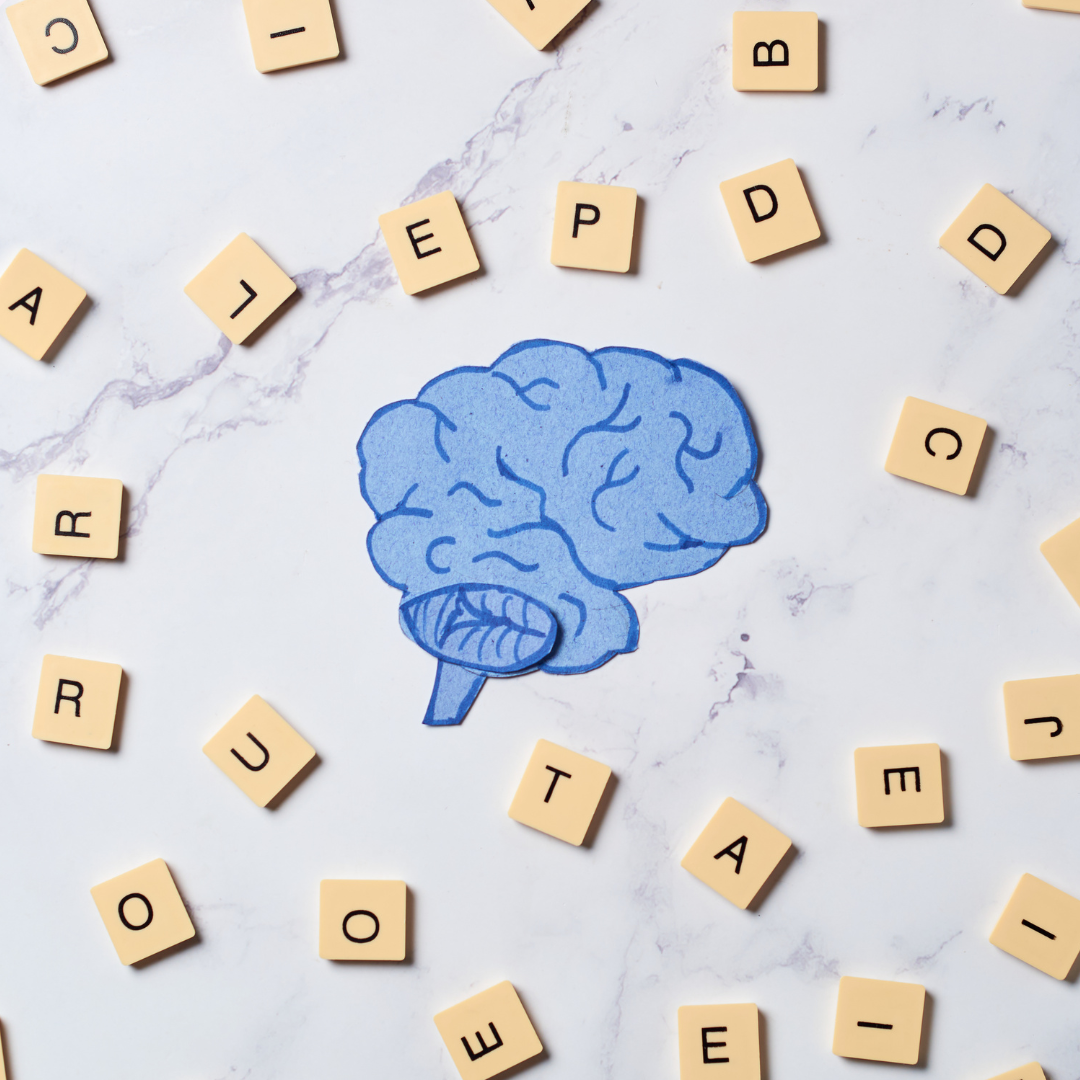Zoals al eerder genoemd in eerdere artikelen, is ‘executieve functies’ een overkoepelende term voor verschillende cognitieve functies zoals werkgeheugen, inhibitiecontrole, aandacht en cognitieve flexibiliteit. Het doel van veel taken in onze softwaretools is om deze zogenaamde executieve functies te verbeteren. Het eerder genoemde artikel beschrijft deze functies als “een verzameling van cognitieve vaardigheden die doelgericht gedrag op koers houden”.
Executieve functies kunnen makkelijk worden uitgelegd doormiddel van het voorbeeld van ‘een dirigent’. De dirigent van een groot orkest heeft veel verschillende muzikanten die allemaal geweldig kunnen spelen. Als ze allemaal tegelijkertijd hun eigen deuntje spelen, is het maar de vraag of het samen mooi klinkt. De dirigent zorgt ervoor dat de muzikanten hun deuntjes op elkaar afstemmen, opdat ze samen een mooi concert geven. Zo geldt het ook voor alle opties die de mens heeft om te denken, te voelen en te handelen.
Algemene ontwikkeling van executieve functies
Het brein van een pasgeboren baby maakt nog geen onderscheid tussen de verschillende executieve functies. De eerste ontwikkeling van executieve functies begint wanneer een kind beseft dat de taak ‘niet iemand schoppen’ vergelijkbaar is met de taak ‘dit niet opeten’. In beide gevallen moet het kind zijn eerste impuls onderdrukken. Terwijl het kind opgroeit, komt het dagelijks in aanraking met nieuwe taken zoals deze, en naarmate de cognitieve structuren en paden zich ontwikkelen, worden deze taken steeds meer gegroepeerd in de bekende componenten van executieve functies. Kort gezegd is de ontwikkeling van executieve functies een proces van aanpassing aan de omgeving en het organiseren van leren en handelen.
Aandacht en inhibitiecontrole
Pasgeboren baby’s richten hun aandacht reflexmatig in en vinden het moeilijk om hun aandacht ergens anders op te richten. In de eerste maanden van het leven van een baby neemt de snelheid en efficiëntie van het coderen van informatie snel toe. In de eerste 2 maanden kunnen baby’s binnen 4 minuten leren wat het gevolg is van het schoppen tegen een object. Van 2 maanden tot 18 maanden verbetert hun geheugenopslag snel. Het blijft echter moeilijk voor hen om meerdere stukjes informatie op te slaan en te manipuleren. Deze geheugenspanne verbetert tot een groeiniveau van 4 tot 12 jaar.
De ontwikkeling van visuele paden en inhibitiemechanismen stelt oudere baby’s in staat om hun aandacht vrijwillig te richten. Naarmate ze opgroeien, verbetert deze vrijwillige controle over hun aandacht steeds meer. Het vrijwillig vasthouden van aandacht wordt gemakkelijker en gedurende deze periodes van aandacht zijn kinderen minder afgeleid door andere informatie. Het verdwijnen van neonatale reflexen en reikwijdte reacties in het eerste levensjaar is het resultaat van de ontwikkeling van inhibitiecontrole.
Training van executieve functies
Bij kinderen hebben studies de impact van training van executieve functies beoordeeld, bijvoorbeeld training van het werkgeheugen. Bij 5–11-jarigen, gediagnosticeerd met een autismespectrumstoornis, verbeterde een 12-uur durend werkgeheugentrainingsprogramma de resultaten van niet-getrainde werkgeheugentaken. Dit effect is een zogenaamde nabijheidsoverdracht. In dezelfde studie vonden ze ook een ver transfer effect, waarbij er een verbetering in syntaxis werd gevonden. De studie veronderstelt dat een verre transfer effect optreedt wanneer de getrainde cognitieve functie anatomisch nauw verwant is aan de verre transfer cognitieve functie.
Er kan dus worden geconcludeer dat omgevingsfactoren in het leven van een kind vertragen of versnellen de ontwikkeling van executieve functies. Deze executieve functies beginnen erg abstract maar worden na verloop van tijd steeds meer gedifferentieerd.
Referenties:
- Paul Ibbotson (2023) The Development of Executive Function: Mechanisms of Change and Functional Pressures, Journal of Cognition and Development, 24:2, 172-190, DOI: 10.1080/15248372.2022.2160719
















